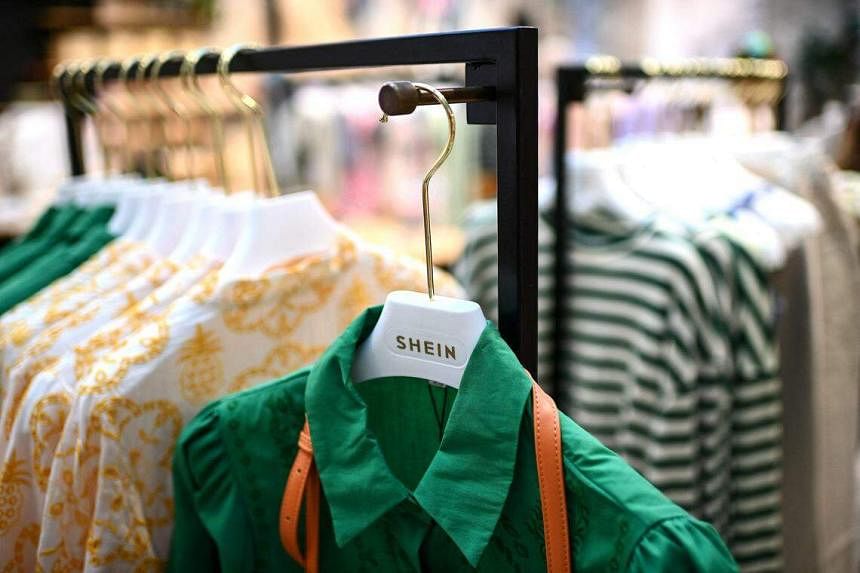Global Courant 2023-05-05 21:48:46
Shein’s efforts to green its image include a second-hand clothing company in the US, materials research and incorporating recycled materials into its products.
While we acknowledge “justifiable criticism” that the product pages provide consumers with little detail about recycled content and other traceability factors, “we are working to improve the way we describe and categorize our products,” Pernot-Day said.
He emphasized that Shein is “digitally very connected” to suppliers’ information on sourcing.
The company conducted up to 300,000 chemical tests this year alone, Pernot-Day said, adding that it partnered with Oritain, a product analytics company that also works with the US government.
“We’re still learning,” he added. “The challenge is that we have many suppliers, many products”.
Pernot-Day also claimed that Shein “has no suppliers in Xinjiang” in northwestern China, where aid agencies have accused it of using forced labor by Uyghur people.
US lawmakers recently asked the SEC’s financial watchdog to demand an independent investigation into allegations of forced Uyghur labor at several brands, including Shein.
But the company uses a US government forced labor blacklist “to look at our supply chain and understand whether or not the companies are operating there,” Pernot-Day said.
And when allegations are made that counterfeit goods are being sold on Shein, “if it’s (proven) we’re taking it out of the sale, if not, we’re not doing it,” he added, although “this is a tough legal question”.
“We’ve seen a reduction in the number of complaints against us” for intellectual property violations, Pernot-Day said. AFP








